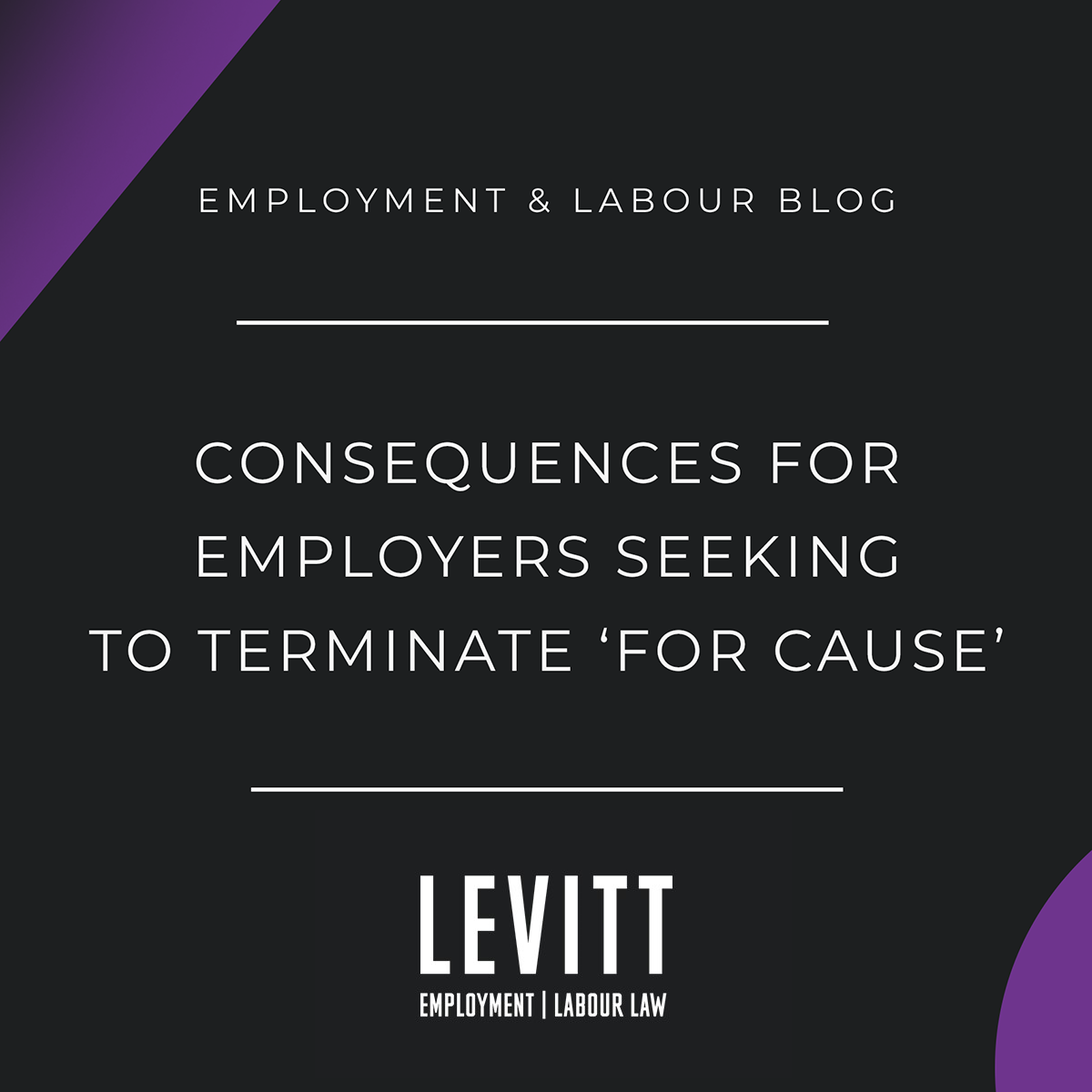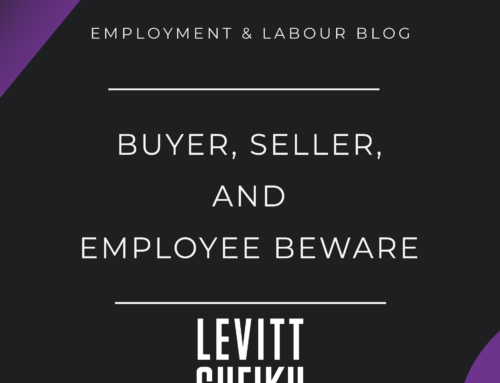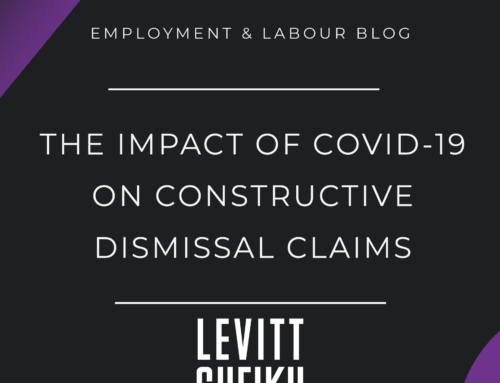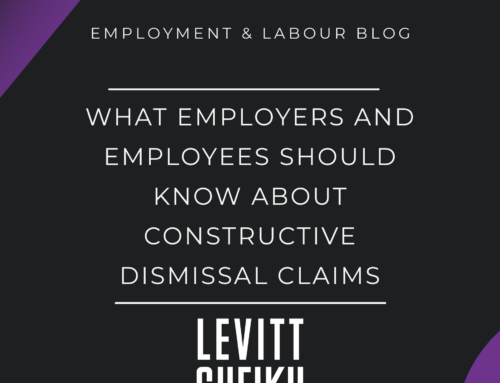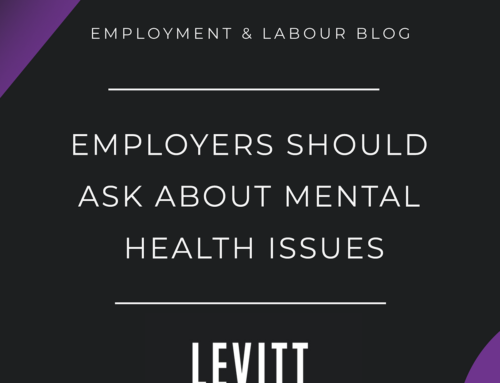An important new decision from the Ontario Court of Appeal has made it very dangerous for employers to allege cause when firing an employee. At the very least, employers must be very, very certain that they are right before making that allegation.
David Lin, head of Global Funds and Asia Firect investments for Ontario Teachers Pension Plan, was fired “for cause” for forwarding a private placement memorandum to a friend also in the investment business.
This unsolicited memorandum had been sent to him nine months earlier by an investment promoter inviting Teachers and others to invest in a fund. Although the memorandum described itself as confidential, much of its contents were publicly available.
Teachers alleged a breach of confidentiality and a breach of its Code of Conduct. The breach of confidentiality argument was abandoned before trial but, foolishly, not its allegation of cause based upon the code, which was maintained on appeal.
While finding that there was no breach of the code, the appeal court found that, even if there was, it would not be cause for dismissal based on Lin’s eight years of service, his lack of personal gain and the fact that he did not act in a clandestine fashion.
There has always been some risk in asserting cause. If the courts find that it was asserted in bad faith, i.e. that the employer knew they would likely would not succeed in establishing it, the court can award extra damages. But the Ontario appeal court decision is a cautionary tale for employers both when considering appealing unsuccessful decisions and in alleging cause.
Sometimes when employers who have lost cases approach me for an opinion about a possible appeal, I advise them not to, even if I believe they have a good case.
Not very many employment cases enter the Courts of Appeal and only about 20 have gone all the way to the Supreme Court of Canada. Trial judgements generally fall under the radar but, but once a case is appealed, the chance of it reaching public attention is vastly greater, which can be detrimental to the company.
Teachers’ got off relatively lightly as result of the trial judgement, not in damages (over $1 million was awarded), but in terms of negative publicity or in any real precedential impact by the trial judgement. The company — foolishly in my view — was not prepared to leave well enough alone and appealed, resulting in a decision that will receive considerable attention.
From the outset, the appeal had little prospect of success. Difficult as it is to fire an employee for cause, it is much more difficult to overturn a trial judge’s finding on appeal as to whether there was cause, particularly when the facts themselves are not being challenged.
One wonders if Teachers considered, when deciding to appeal, the prospect that its loss would now become known to its competitors as well as to potential hires who might not wish to join a company which appears cavalier in alleging cause.
In wrongful dismissal, there is no specific severance entitlement in any given case. However, judges appreciate that there is a range within which she or he can award. In this case, the trial judge decided that 12 to 15 months was appropriate.
The appeal court agreed that Lin should be awarded the top end of the range explicitly because, by alleging cause, “a cloud was put around Lin,” impacting his reemployment prospects. The unsuccessful appeal means that this argument will now be used by every employee allegedly terminated for cause going forward.
The final, and for many, most important finding in this case is that, despite the language intended to remove entitlement to his bonus and long-term incentive plan in the event of notice/severance, Lin was successful in recovering them.
The appeal court found that language of the plans, which are similar to most such plans which I see in the financial industry, including the requirement of “active employment” was insufficient to remove an employee’s entitlements to bonuses and LTIP during the period of notice. These entitlements are particularly important in the financial industry where most compensation is stock option, LTIP and bonus based.
This decision will change the debate about terminated employees’ entitlement to such plans and require most plans to be rewritten. However, any new plan employers nowintroduce to remove employees entitlement to these benefits following dismissal won’t be valid unless the employee signs for it – and what employee will?
It’s the unintended consequences of an ill-considered appeal.

